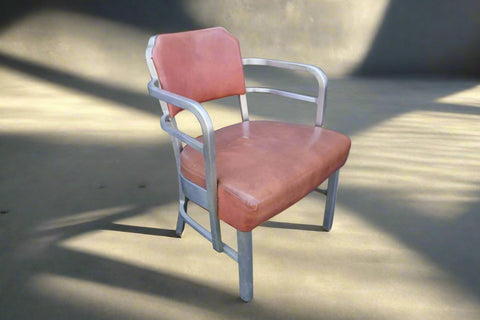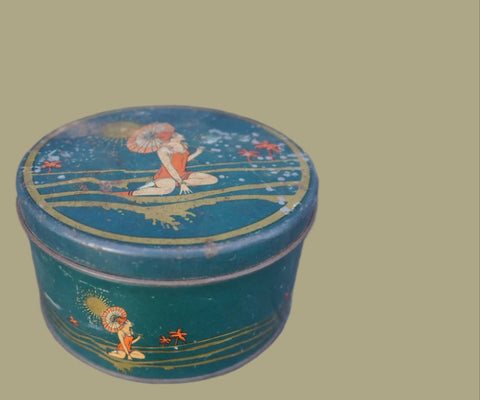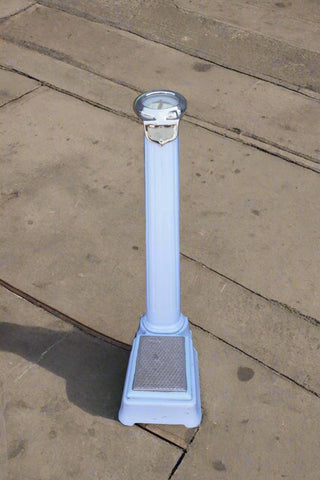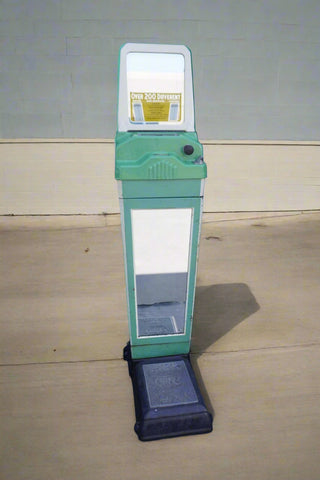Roman Freulich - Studio Portrait of Tala Birell AP1484
Hardly remembered today, this astonishingly beautiful woman, in some ways a cross between both Garbo and Dietrich, passed through Hollywood in the 30s and 40s, and we are left with a few films and some gorgeous images. Measures 10 1/2" x 13 1/2".
Roman Freulich was born in Poland and at age 14 immigrated to the United States to join his brothers. Freulich trained with New York photographer Samuel Lumiere. In the mid-1920s Freulich moved to Hollywood, where his brother Jack was a portrait photographer at Universal Pictures. Roman Freulich became a still photographer at Universal, shooting many of their major stars. He remained at Universal until 1944 when he was offered a position at Republic Studios as head of its still department. In the late 1950s, after Republic ceased production, Freulich freelanced, mostly for United Artists, until the mid-1960s.
Natalie Bierl, known as Tala Birell (1907, Bucharest - Romania; 1958, Landsthul - Germany), nickname Talusha, was born to a German couple, the mother a Baroness of Polish descent, and the father a German businessman who was temporarily in Bucharest overseeing his company. During WWI she was in Berlin, and studying at a private school. 5' 6" tall and blonde, she had a brief film appearance in 1926, and then a stage career in Germany and Austria, substituting for a character that had been played by Marlene Dietrich. During WWII she became a "Second Garbo" in Hollywood, due to her sort of cold, glamorous beauty. She played in crime thrillers and early women-in-prison genre films, but various characters of hers were linked with the anti-Nazi war effort: a courageous Russian in China (1943), Madame Bouchard of the French Resistance in Till We Meet Again (1944), the Nazi Doctor Elise Bork in Jungle Queen (1945), and Yvette Aubert, the French adventurer and entertainer, in Women in the Night (1948), who plays along with an extreme Nazi unit in Shanghai until she saves the world from a weapon of mass destruction with the sacrifice of her life. Possibly during the production of this film, in mid-1948, Tala decided to return to Germany and take up residence with her mother who was by then living in Munich. In 1951 she was appointed by the Special Service Headquarters of the U.S. Army in Nuremberg to organize theatrical productions in Germany, France, and Austria for the G.I.s. stationed there. Her title was Field Entertainment Supervisor, and sometimes took part herself in shows at military clubs in Munich and Nuremberg, and Orléans (France). She later moved to Berlin with the title Command Entertainment Director and put on shows for U.S. troops and refugees from Eastern Europe. She retired in 1957 for health reasons, and died shortly after. She is buried in the family tomb, in Marquartstein, Bavaria, Germany.








